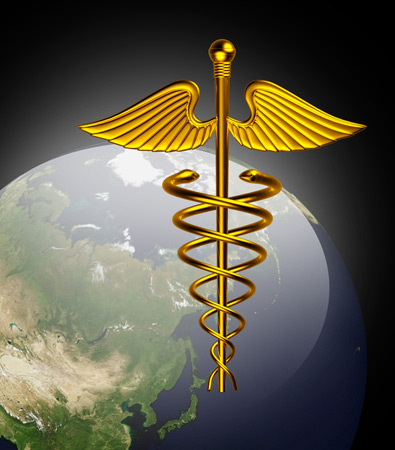Health and Medical: Health Care System
Thailand is up against major health challenges in the form of communicable and non-communicable diseases and environmental health issues. It has shown an admirable determination to meet these challenges. Over the past decade, the government has greatly increased financial and administrative resources directed at improving public health.
Ninety-eight percent of the population have access to clean drinking water, and 96 percent have access to improved sanitation. Thais now enjoy universal healthcare free of charge, and the proportion of government spending devoted to healthcare has doubled. Coordinated health agencies support a sound infrastructure of facilities staffed with qualified personnel.
Medical treatment is generally adequate throughout Thailand. In Bangkok, good facilities exist for routine, long-term, and emergency health care.
Alcoholic beverages, medications, and drugs may be more potent or of a different composition than similar ones in the United States. Several tourists die in Thailand each year of apparent premature heart attacks after drinking alcohol or using drugs.
Locating a Doctor
Embassies and consulates generally maintain lists of physicians, dentists, and medical facilities for the benefit of travelers. Also, the International Association for Medical Assistance to Travelers (IAMAT) maintains a database of fully licensed, English-speaking doctors around the world. Office visits are available to IAMAT members at fixed rates advertised on the website, www.iamat.org.
Sources: US Department of State; World Health Organization
World Trade Press accepts no liability for statements on this page. Consult your healthcare provider for more information.
Copyright © 1993—2025 World Trade Press. All rights reserved.

 Thailand
Thailand 
